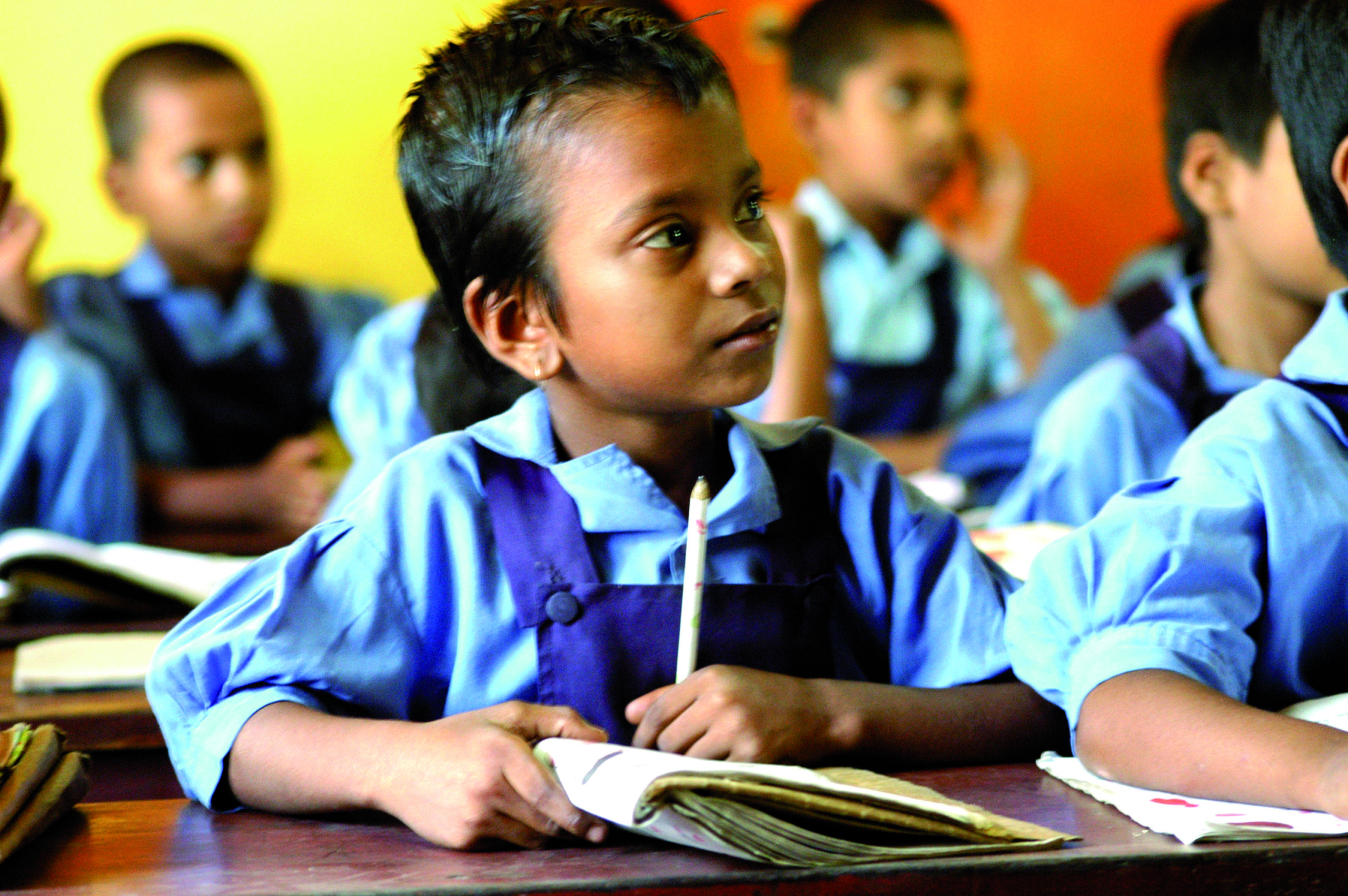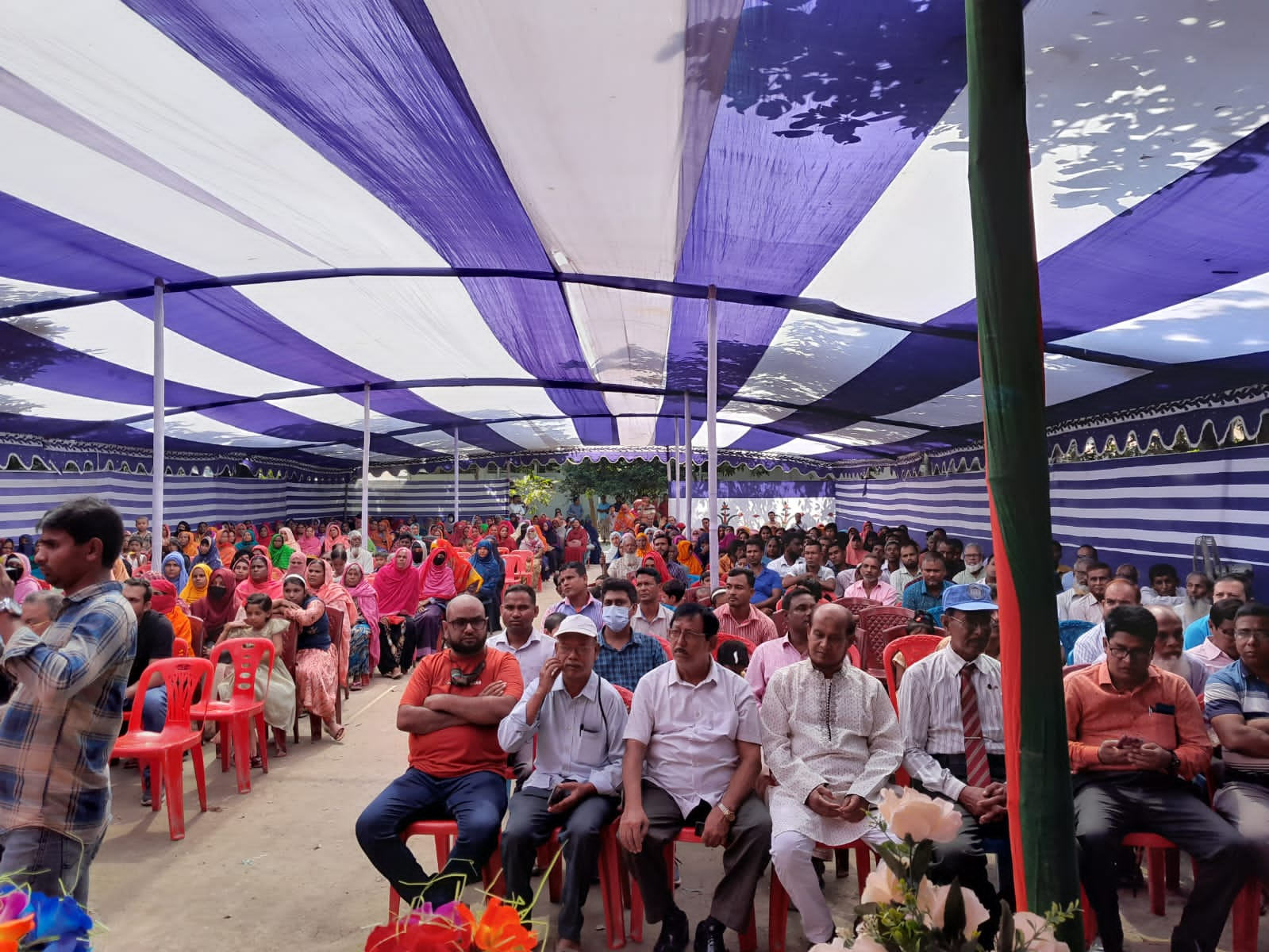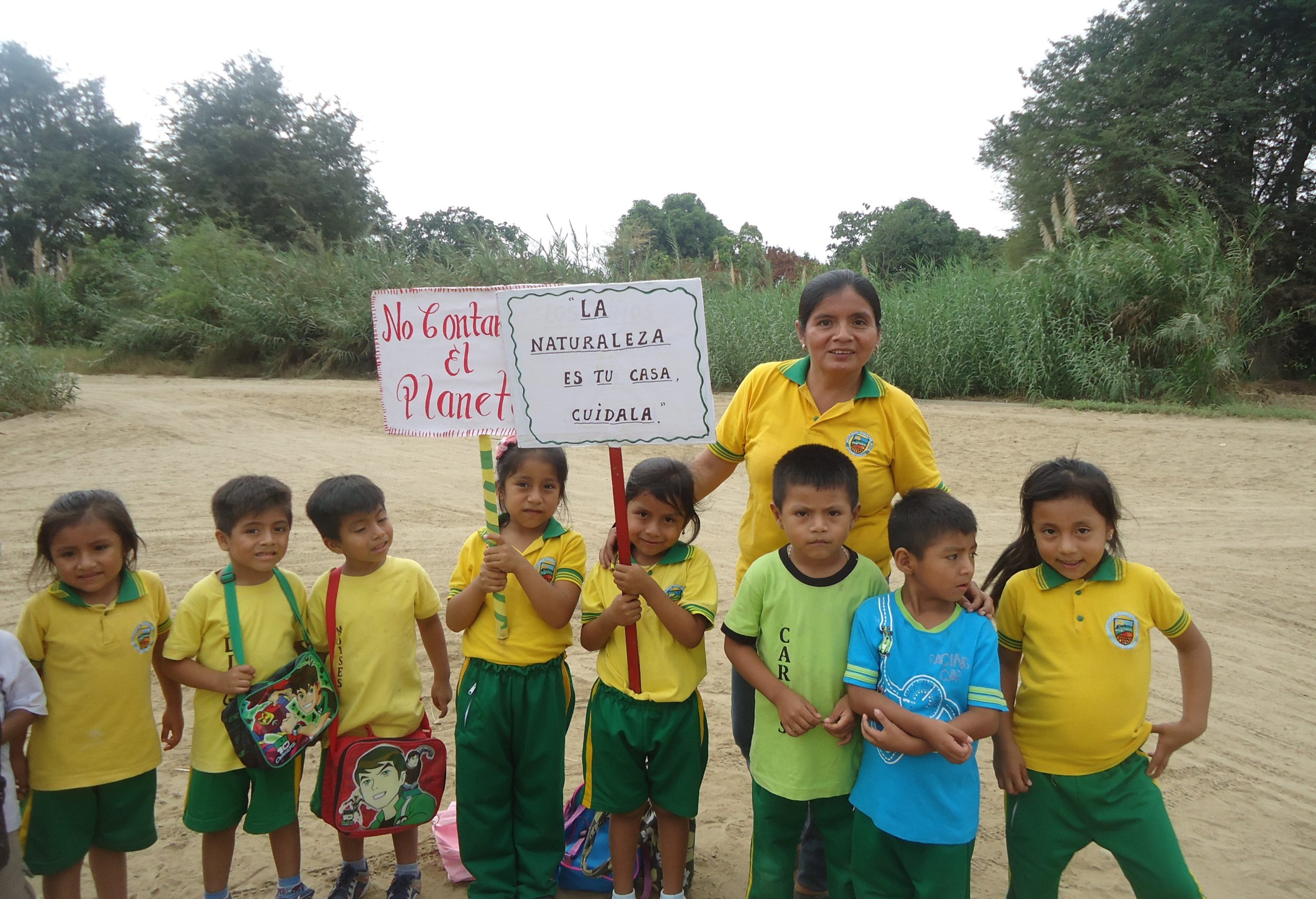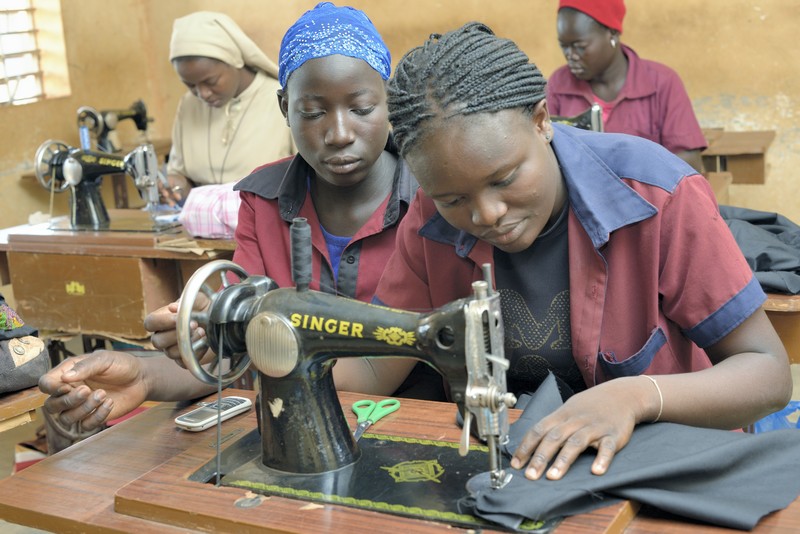International Day of Education: education is a fundamental right, public policies must make it effective!

Six years ago, states adopted the sustainable development goals, thereby committing to ensuring access to quality education for all and to promoting life-long learning opportunities. Today, it is clear that this commitment is far from being honoured and that, due to the pandemic, we will have to double our efforts to make it a reality.
As it is currently put into practice, education creates a school system that reproduces current social, economic and geographical inequalities, prioritising a vision of education that perpetuates the logic of domination. Faced by the scale of the challenge and the blatant lack of human and material resources in many countries, there is a great temptation to continue making education the poor relation of public policies, thus opening up opportunities to education ‘vendors’.
This third international day of education is an occasion to reiterate that education is a human right, which must be made effective by public policies! The health crisis has captured all our attention, however it must not mask the shortcomings of current policies in ensuring access to quality and empowering education, upon which our future depends.
Thanks to the commitment and experience of its member organisations in empowering educational practices, enabling everyone to make choices in life, Emmaus International has taken part in the global consultative process set up by UNESCO in 2019 as part of its “Futures of Education” initiative (in french) to rethink education and shape the future. We defend a broad approach to education, both in terms of obtaining training to gain access to jobs and access to fundamental rights, to understand our differences and learn how to better accept them, to have the space and capacity to exercise our citizenship and to make our own life choices.
In view of these observations, we call on countries and local authorities across the world to put an end to their disengagement from the education sector and to its privatisation. Local initiatives and associations alone, regardless of their essential role, are not enough to tackle the structural causes that prevent access to education for all.
Education, which is capable of providing every person with a dignified life, cannot be achieved unless public policies prioritise investment in creating truly accessible and inclusive educational spaces.


